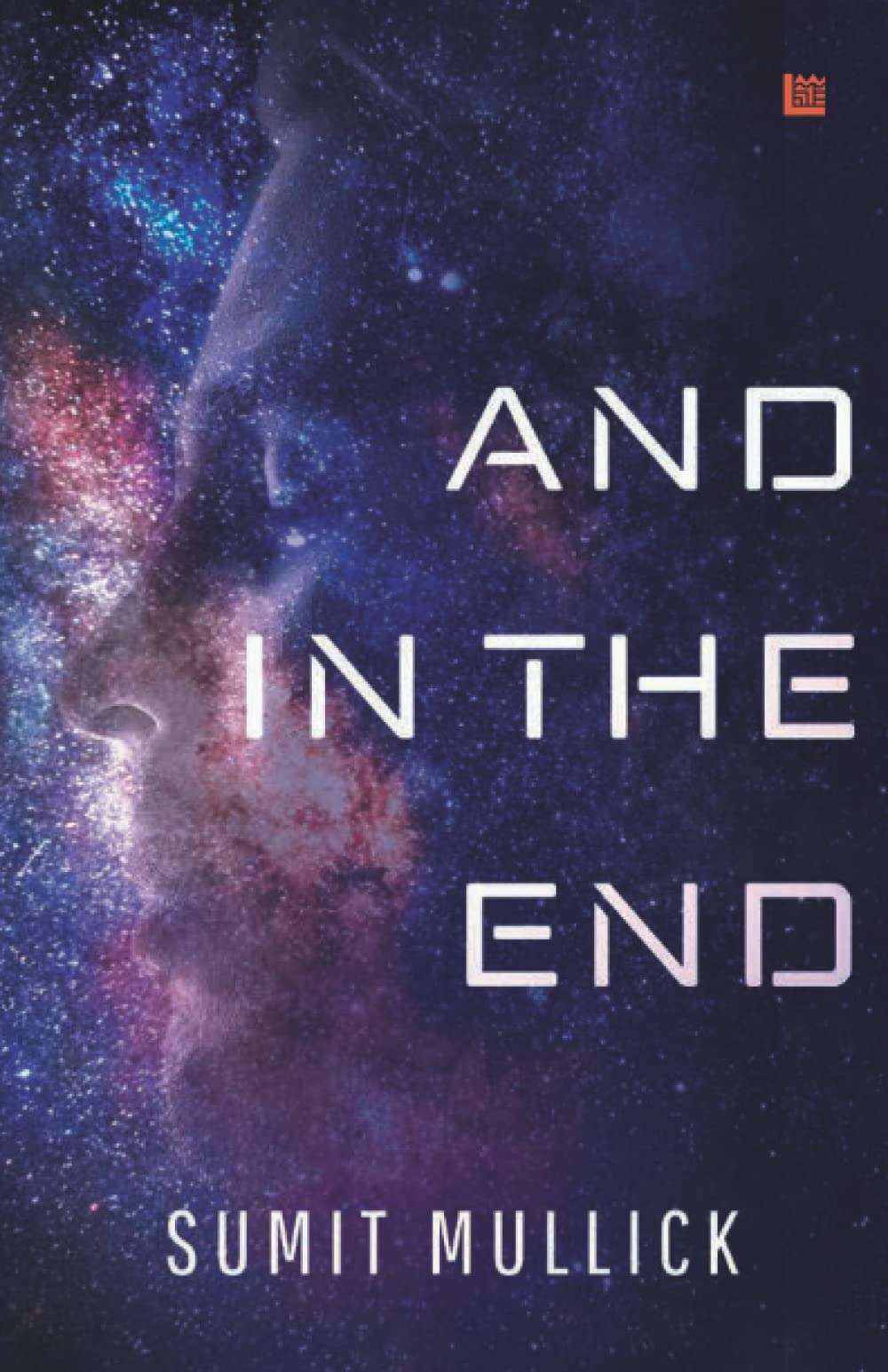Sumit Mullick belongs to Kolkata, where he spent the formative years of his life. He has published three novels and an academic book on school education.
 TBE: Your plotting in ‘And in the End’ is so tightly done, especially the way you handle the release of information around Ajit Singh figuring out that death cannot exist in Quantum Physics. Do you start a project by plotting, or do you figure it out as you go along?
TBE: Your plotting in ‘And in the End’ is so tightly done, especially the way you handle the release of information around Ajit Singh figuring out that death cannot exist in Quantum Physics. Do you start a project by plotting, or do you figure it out as you go along?
Sumit Mullick: About half and half. A kind of basic structure is mentally created before starting on the book. And as one continues writing, the structure, the settings, the characters keep evolving organically.
TBE: The idea for this book is so massive, encompassing issues of trying to find your way about life and death, and beyond it. What corner of that came to you initially? What was the spark that kicked off the book?
Sumit Mullick: There was no single spark that ignited the fire of creation that resulted in the book. It was more like a glowing ember being fed on the oxygen of curiosity over the years. And that ember was trying to find a rational, scientific, explanation of what could be happening after death. If death, and the thereafter, can’t be explained in these terms, then life is meaningless.
TBE: ‘And in the End’ concerns some pretty heady concepts. How concerned were you with the science in the book being sound, and what did you do to make sure it was? When you latch onto a science idea like this, how far do you go into the hard-core research—the studies and the journal publications?
Sumit Mullick: A book like this does require considerable research. In one sense, since I was always interested in what is out there in the great yonder, I had started my research right from my schooldays. Regarding the science in the book being sound, I would venture that eighty percent of the book is proven science and the remaining twenty percent is science fiction. And it should be remembered that what is science fiction today is very often science tomorrow.
TBE: ‘And in the End’ is something of genre mash-ups, combining elements of science fiction with those of thrillers and suspense novels. How would you describe your books and writing style?
Sumit Mullick: I don’t have any particular writing style. This is my fourth book of fiction, and each book is completely different from the other in style and content. I like to experiment.
TBE: In a lot of ways, your book challenges us to think about what we don’t know or see in the world around us. What frontiers in science do you think hold the most promise for opening our eyes to something important that was there all along?
Sumit Mullick: The Multiverse is stranger than you can imagine. If you can imagine something, anything, it exists. And in addition put in everything else that our minds are not even capable of imagining. The Multiverse caters to infinite possibilities. For every new possibility, a new Universe has to be created. So, everything, bar nothing, is out there. We are constantly discovering something new all the time.
TBE: How was your publishing experience with Leadstart?
Sumit Mullick: The team at Leadstart is very professional, courteous and prompt. They have my gratitude.
TBE: Is there anything you are currently working on that may intrigue the interest of your readers?
Sumit Mullick: At the moment, I am exhausted, and need to get on with my life. I haven’t really thought about what I would write next. Maybe, just maybe, there could be a sequel to ‘And in the End’.





